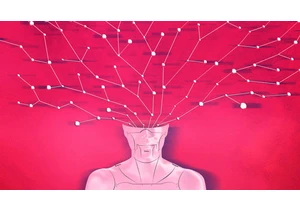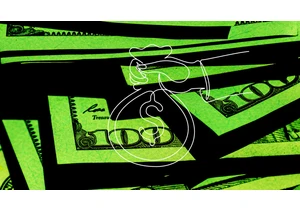In 2019, Elon Musk promised a future of self-driving robotaxis. A fleet of one million cars would be available by 2022, he claimed.
That never happened. Musk pushed the release date back to 2023, but that date came and went, too. In 2024, Musk finally revealed his design for an autonomous full self-driving (FSD) robotaxi, the Cybercab. But the Cybercab’s premiere date is also flexible, with a generalized target of 2027.
In recent days, Musk has been slowly hyping up the expanded possibilities of the Cybercab. Among the heap of Musk’s X posts are shoutouts to evolving FSD tech. His new designs, like the 2025 Model Y, also have distinctly Cybercab-esque looks. The chatter is slowly growing around Tesla’s self-driving robotaxis; now, Musk just needs to deliver.
Whsipers of the Cybercab
While the Cybercab is at least two years from mass availability, there are whispers of the vehicle everywhere. That mostly has to do with its FSD technology, which Tesla has already rolled out in limited features. The current version available has improved highway autopilot driving, along with on- and off-ramp navigation and self-parking. But these tools still require human supervision, and Tesla contends that their FSD tools “do not make the vehicle autonomous.”
Still, Musk can’t stop posting about FSD growth on X. On Monday, Musk posted crowdsourced data from Tesla’s FSD that showed significant growth. Where Tesla’s previous FSD used to reach 85 highway miles before disengagement, it’s new system is now up to 724 miles. “This is what exponential improvement looks like,” he captioned the post.
In an X Live last week, Musk was even more brash with his promotion of Tesla’s FSD. Within three months, he claimed, Tesla FSD safety would surpass the safety level of a human driver. The day prior, Musk also said on X that Tesla employees were performing autonomous FSD trials. The endpoint of these statements are clear: Tesla’s FSD is inching further and further up, and with it, the Cybercab comes into view.
The image of the Cybercab is also unavoidable. That’s because Tesla’s 2025 Model Y copies directly from the Cybercab design, stealing the angular front and light strip. All looks the same—except, of course, that the Model Y does not have autonomous FSD.
Can Musk reach the finish line?
Given Musk’s years of delays, it’s hard to imagine a Tesla self-driving robotaxi making it all the way to the market. Believing Musk’s X chatter is its own battle, especially after the National Highway Traffic Safety Administration asked Tesla to “revisit its communications” following posts that claimed their FSD could drive itself.
Some experts worry about the safety of Tesla’s continued FSD approach. There have been crashes; that initial NHTSA probe was prompted by four reported collisions, one of which was deadly. And the NHTSA just opened yet another probe into Tesla, this time for their Smart Summons feature, which lets a user remotely move the vehicle to another destination through their app.
Will Musk stick the landing with his Cybercab? We’ll know in 2027—or maybe 2029, if he delays it yet again.
Autentifică-te pentru a adăuga comentarii
Alte posturi din acest grup

For years, I’ve had a secret ambition tucked away somewhere near the back of my brain. It was to write a simple note-taking app—one that wouldn’t be overwhelmed with features and that would reflec
AI tools are everywhere, changing the way we work, communicate, and even create. But which tools are actually useful? And how can users integrate

The way Bran Ferren sees it, the future of warfare depends as much on creativity as it does on raw firepower.
The former head of research and development at Walt Disney Imagineering—the

The nonstop cavalcade of announcements in the AI world has created a kind of reality distortion field. There is so much bu

Google released its new Gemini 2.5 Pro Experimental AI model late last month,

TikTok is shutting down TikTok Notes—wait, you didn’t even know it existed? Well, that explains a lot.
TikTok Notes, the platform’s short-lived attempt to take on Instagram (just as Inst

Influencing has a major pay gap, and it’s not what you might expect.
A new report from Collabstr, based on over 15,0
